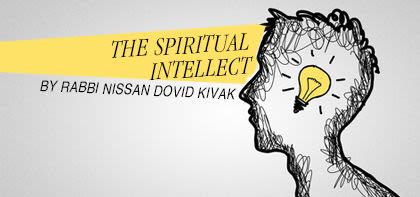
The Spiritual Intellect
People don't have problems because they're bad people. It’s because they haven't yet learned how to distinguish and decide things clearly in their own minds…

Translated by Aaron Yoseph
What’s the advice for a good life? Don’t be alone. Go together with the Tzaddik, and then you’re guaranteed to be safe. Whatever you do, stay connected to the Rebbe.
We’re part of a great factory, we’re making wonderful things. We each sit in our rooms, playing our part. How do we get into this factory? We do this by committing to separate our good and bad. This is called being connected to the Tzaddik.
But this is so hard. There are a thousand descents. Fine. So let there be a thousand new starts. Rejoice in this. Every sigh, every new start, achieves great things. There is nothing that’s meaningless. You learned a mishna today, you did a mitzvah, you said a blessing – you achieved something great.
Rebbe Nachman says that we need to learn poskim (rabbinical lawgivers), we need to learn halacha (religious law)every day, since the Torah defines and distinguishes between good and bad. There are  things permitted in this world, and some things that are forbidden. Some food is kosher, some is not. Some things are pure, others are impure.
things permitted in this world, and some things that are forbidden. Some food is kosher, some is not. Some things are pure, others are impure.
Pure and impure things aren’t so relevant to us. But kosher/not kosher, permitted/forbidden – these things we can relate to. If we don’t separate them out, we’re mixed up. The Rebbe tells us to separate them out. How? Separate them at their source – in halacha. Baruch Hashem, we learn some Shulchan Aruch (Code of Jewish Law)every day. So we can do it – but how does it work? Do we have to finish all the poskim? And by the time we do that, we’ll have forgotten what we learnt at the beginning?
Here the Rebbe adds that the way to merit this spiritual intellect that gives us the clarity to grasp Halacha is through prayer. For this we need brains. The Rebbe quotes the Tikkunei Zohar that there’s a garden. We are all plants in this garden. And there has to be a spring to water the garden. Prayer is the spring that waters the garden.
The point is that the lack of vitality that people experience, the problems that people have, isn’t due to them being bad people. It’s due to the fact them not knowing how to distinguish and decide things clearly in their own minds. They don’t know how to separate the good from the bad. A person gets married, builds a home, and tries to make a living. But then he worries all day about making his living, and about making his wife happy. Instead of seeing what he has, trusting in Hashem and making the most of what he has, he’s unhappy all day long, because things haven’t worked out exactly as he wanted them to. He’s unhappy about being so unhappy.
The problem is that we don’t grasp this. We don’t see it. We can’t see how things are. We can’t distinguish. If a person would see this straight away, he could find his way out. The winter has started, it’s cold. All sorts of depressing thoughts can come to mind. “It’s dark and miserable. That makes me dark and miserable too.” We need to be able to step back and say, “Stop. Wait. So what if it’s dark? I don’t need to be dark and miserable just because the temperature has gone down.” It’s as if a robber has broken into your home, and he’s sitting in your chair and making himself comfortable. He goes to the kitchen and fixes himself something to eat. Don’t just stand there and let him do what he wants! Either throw him out completely, or at least make some deal with him. But don’t just stand there and watch him take over.
The idea of separating out good from bad isn’t really a matter of halacha. The halacha gets us to a certain point – this is allowed or forbidden. The food is kosher, or treif. You have to wash your hands, make a blessing. This is where halacha brings us to. Separating good from bad is in the realm of thought and wishes. It’s to do with our intentions and thoughts. And this is where things get cloudy. Everything gets mixed up. A person thinks that he can’t do it, and that makes it that he can’t. All he needs to do is think about what Hashem wants from him right now, and Hashem never wants something that’s beyond us.
We need to be able to think practically. Otherwise, we’re confused. We find ourselves caught up in pursuing some illusion, or in depression or anger, and we don’t know what to do. We don’t realize that this itself is our biggest problem – not knowing what to do. This is why the Rebbe Nachman says that we need brains; being close to the Tzaddik gives us that, precisely.
How do we learn to differentiate between and separate out good from bad? We learn the books of the true tzaddikim. Learn Reb Nosson’s Likutei Halachot. It gives us the brains we need deal with and overcome Eisav and Lavan, something we all need, for there are plenty of Eisavs and Lavans around today, especially the ones in our own heart. May we rid ourselves of them completely, amen!


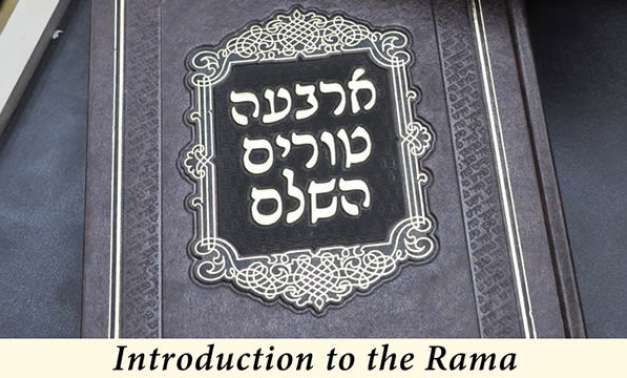

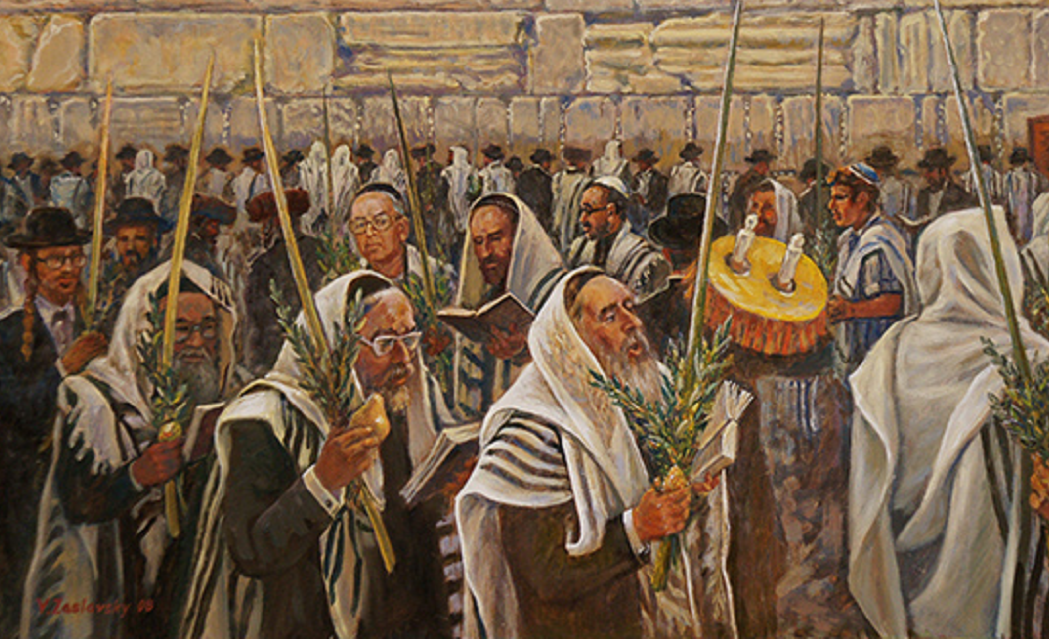
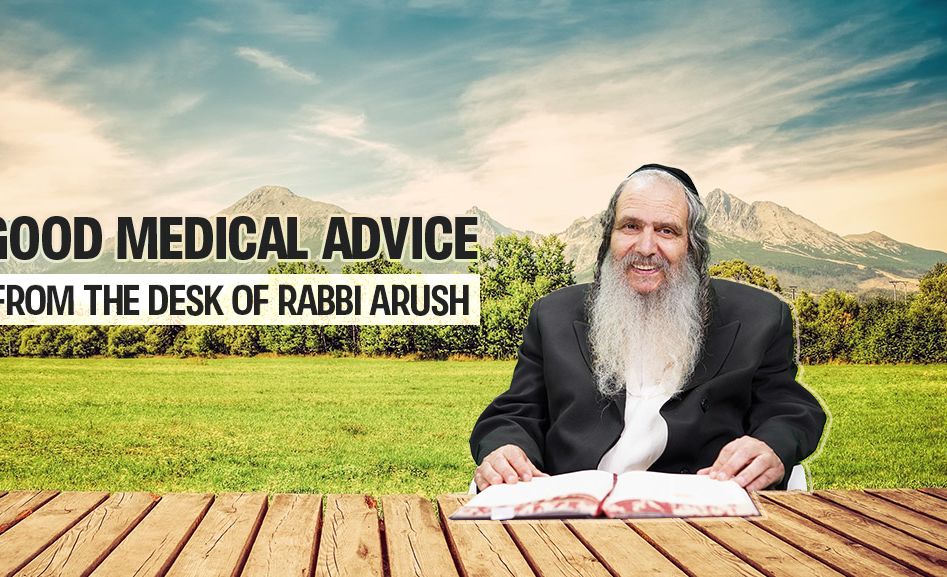
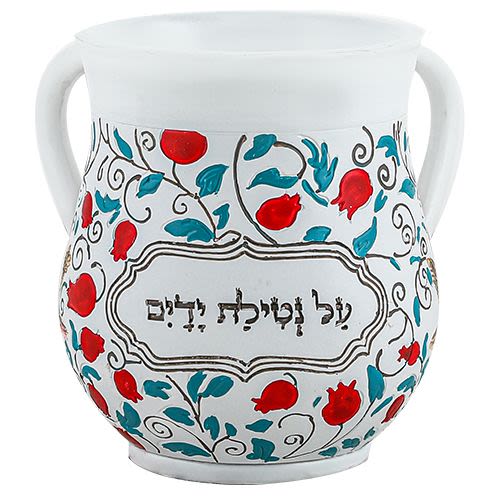

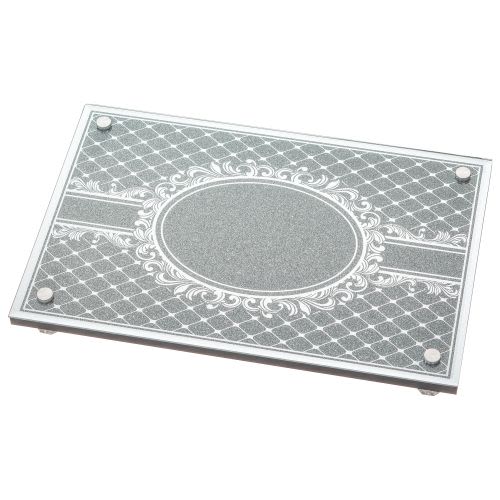
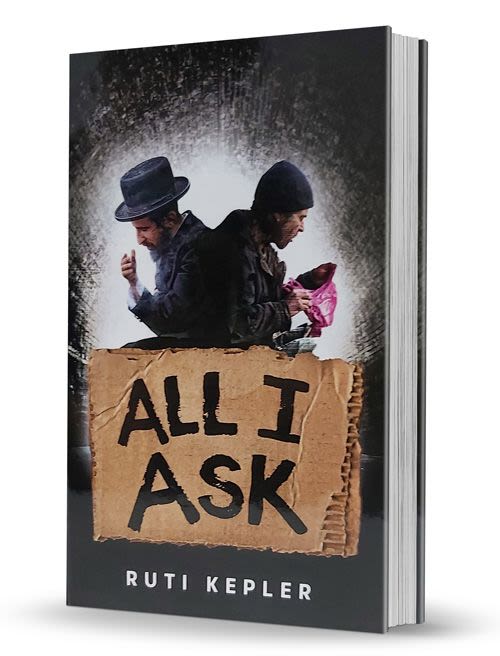
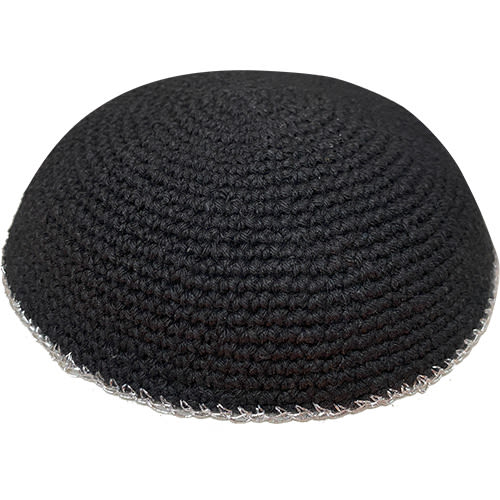
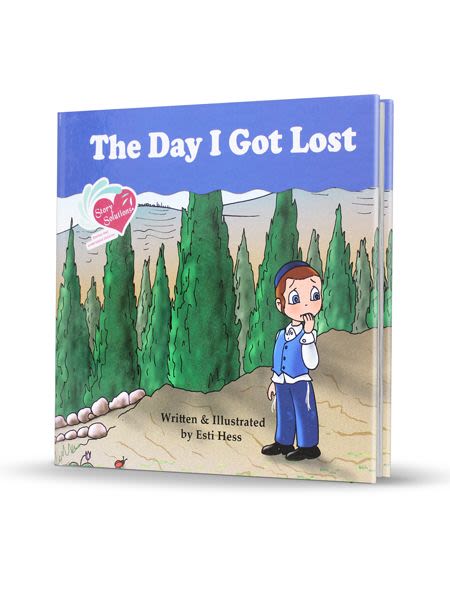
Tell us what you think!
Thank you for your comment!
It will be published after approval by the Editor.